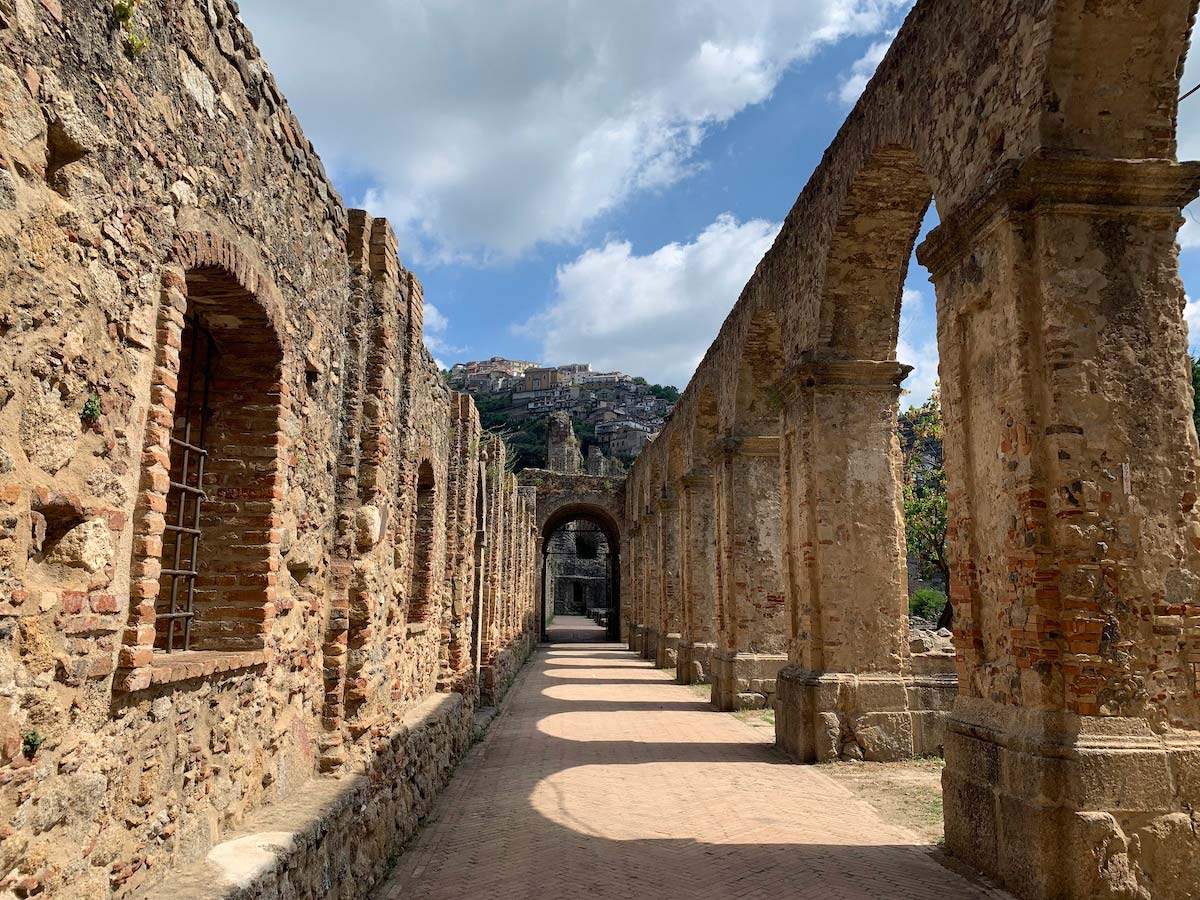There is a municipality in Calabria that is looking for a director for its museum hub--for 500 euros a month. The incredible proposal is that of the Municipality of Soriano Calabro, in the province of Vibo Valentia, which published determination number 85 last February 13 for the “identification of the director of the Museum Pole of the Municipality of Soriano Calabro,” a complex that includes the Earthquake Museum (the only one of its kind in Italy), the Territorial Museum of Ceramics of Soriano, and an art gallery. The notice states precisely that “the expected monthly amount is €500.00 including VAT and any other charges.” And on the line below the notice is even more explicit: “The Director, in addition to the aforementioned, will not be entitled to reimbursement of any other expenses.” In short, should missions or transfers be contemplated, the director, as in a famous movie from the Fantozzi series, will probably be required to pay to work.
All this in the face of a position of high responsibility, since, as stated in the same notice, his tasks are many. In fact, the director contributes to the definition of the cultural and institutional project from the Museum, prepares the programmatic documents and the final reports to be submitted for the approval of the governing bodies, provides for the implementation of the initiatives planned for the enhancement of the collections, coordinates the monitoring and evaluation of activities and services, with particular reference to data on visitor attendance. And then again organizes, regulates and controls services to the public, in compliance with regional directives and quality standards set on the Service Charter, directs the scientific, technical and administrative staff assigned to the facility, provides for the Selection and training of human resources in order to adequately cover all key roles in accordance with museum standards, provides for the management of financial resources assigned to the Cost Center. Curiously enough, the director will also have to identify strategies for finding the necessary economic resources: in short, will he or she be called upon to find the money with which to pay his or her own salary? And then, again, the director coordinates the activities of information, promotion and communication to the public, coordinates the necessary actions to ensure the adequacy of the environments, facilities and installations, supervises the preservation, ordering, exhibition, study of the collections, and teaching and educational activities, coordinating the work of the people in charge of these functions. Finally, he ensures the maintenance and updating of inventories and cataloguing, supervises the scientific management of the Museum and the formation of research and study plans, gives advice for the loan and deposit of works and oversees the related procedures, takes care of relations with Superintendencies, the Region of Calabria, and Museums, regulates the consultation of art materials and authorizes access to deposits, and issues permits for studies and reproductions.
He will certainly be able to delegate some of the tasks to other individuals such as the conservator, but the notice nevertheless specifies that the director will be required to ensure “his presence at the municipal offices for as long as is reasonably useful for the performance of the task and, in any case, at least two days a week.” And as if that were not enough, the director “will have to ensure his presence during any extraordinary openings and events that will involve the museum.” Of course, the presence for extraordinary openings and events “will not give rise to additional compensation beyond that provided for the assignment referred to in this notice,” as the notice explains.
The requirements? Obviously high profile: a master’s degree in architecture or conservation of architectural or cultural heritage, or even archaeology or art history or similar subjects is required. Fortunately at least no proven experience is asked, although a doctorate, graduate school and any service and professional qualifications, as well as similar assignments, will give applicants many extra points.
The deadline is set for March 15. The municipality, through an executive interviewed on the program Mattino Cinque, said that “until now the post of director of the museum center has been held free of charge. Now it has been decided to give a small compensation, 6 thousand euros annually for a consultancy, and try together to relaunch the project. Also by forming an office that can find additional funding, since the museum lives on 4 thousand euros of tickets per year.” And again the same executive said that if the outgoing director wins the selection, she would donate her salary to charity “because she does her work with passion.” In short, those who believe that that of museum director is a profession that should be adequately paid will have to wait for other calls for applications.
Pictured is the San Domenico complex in Soriano Calabro, home of the Museum Pole.
 |
| A municipality in Calabria seeks a director for its museum center--at 500 euros a month |
Warning: the translation into English of the original Italian article was created using automatic tools. We undertake to review all articles, but we do not guarantee the total absence of inaccuracies in the translation due to the program. You can find the original by clicking on the ITA button. If you find any mistake,please contact us.